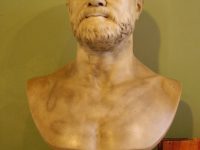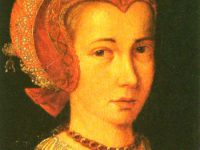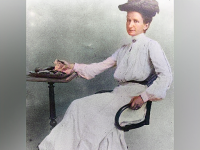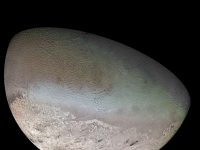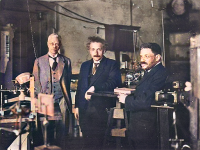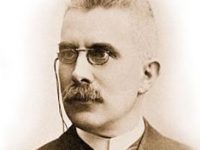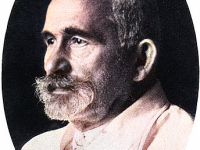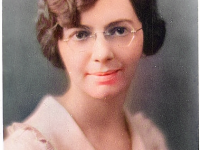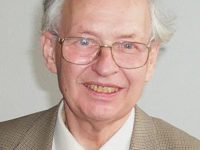Jules Quicherat – the Father of French Archaeology
On October 13, 1814, French archaeologist and historian Jules Étienne Joseph Quicherat was born. Quicherat was one of the founders of archaeology in France. In 1847, he inaugurated a course of archaeological lectures at the École des Chartes. His students circulated his principles throughout France, recognizing him as the “founder of national archaeology”. He wrote on the history of medieval France, and also edited texts of the trial and rehabilitation of Joan…
Read more











